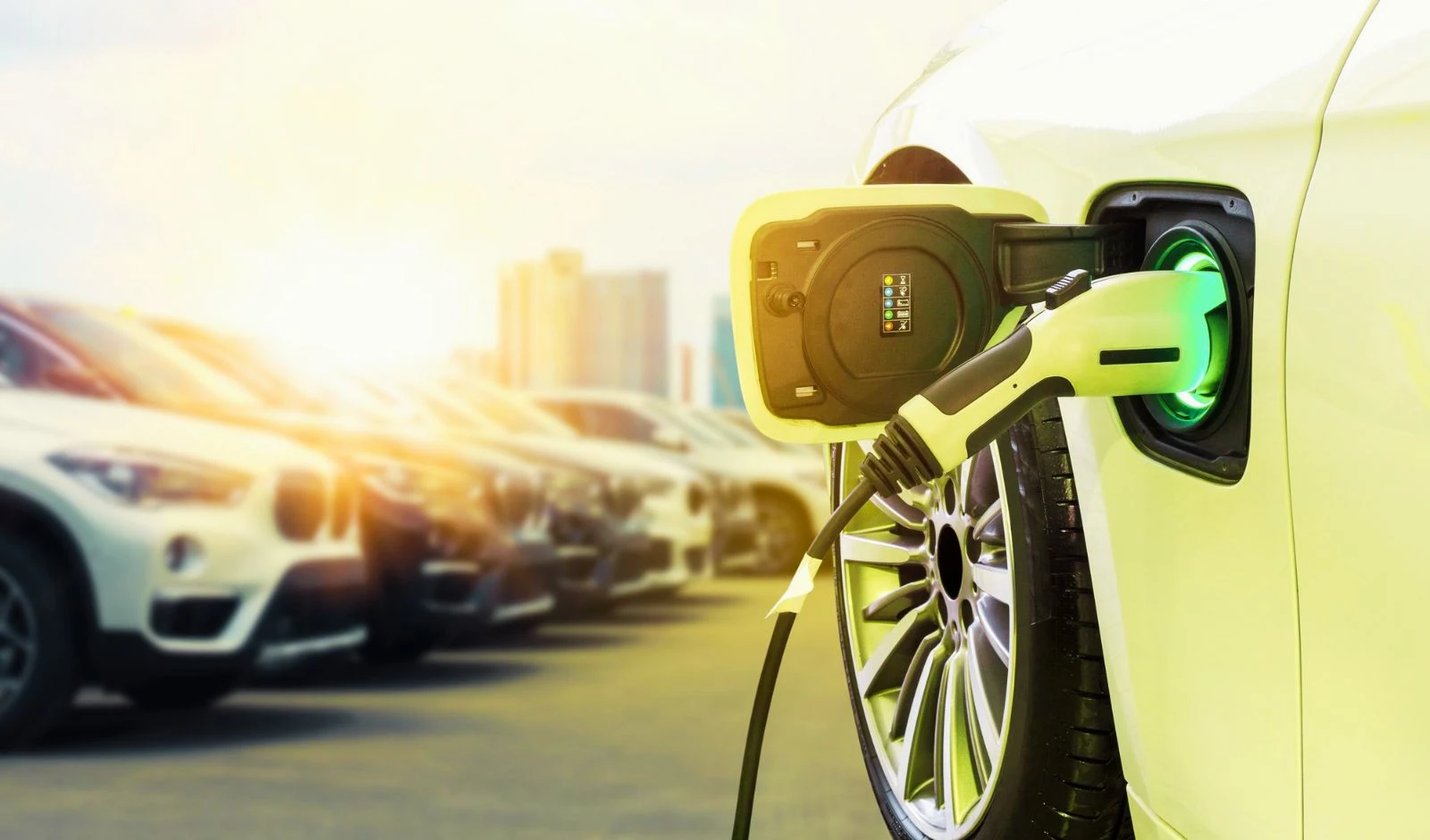
The Ministry of Heavy Industries has released operational guidelines for establishing electric vehicle (EV) public charging infrastructure under the PM E-DRIVE scheme. According to the guidelines, central government ministries, CPSEs, autonomous bodies, as well as state and Union Territory governments setting up charging infrastructure, are eligible for subsidies. Under the scheme, a total of ₹2,000 crore has been allocated to support the establishment of 72,300 new public EV charging stations, battery swapping stations, and battery charging stations.
The subsidy will primarily cover upstream infrastructure costs, though in some cases it may also apply to EV Supply Equipment (EVSE) costs. Priority for station deployment has been given to high-density urban centers, smart cities, state capitals, and major national and state highways. Charging stations in government buildings, hospitals, schools, and residential complexes offering free public access will receive 100% subsidy. Locations under government control, such as PSU outlets, airports, bus/metro stations, ports, and toll plazas, will receive 80% subsidy on upstream infrastructure and 70% on EVSE.
Benchmark costs for infrastructure and EVSE have been defined according to capacity. For instance, a 50 kW charger costs ₹6.04 lakh and a 50 kW CCS-II charger ₹7.25 lakh, while chargers above 150 kW cost ₹24 lakh and a 100 kW CCS-II charger is ₹11.68 lakh. Upstream infrastructure includes distribution transformers, LT/HT cables, circuit breakers, mounting structures, and civil works, while EVSE includes chargers and charging guns.
The scheme aims to increase charger-to-vehicle density to reduce range anxiety and accelerate EV adoption. Under the plan, 22,100 fast chargers will be installed for four-wheelers, 1,800 for buses, and 48,400 for two- and three-wheelers. All new stations will be integrated with the National Unified EV Charging Hub for real-time availability and payment facilities. All infrastructure must comply with the Ministry of Power’s latest standards, ensuring a reliable, interoperable national EV charging network.

